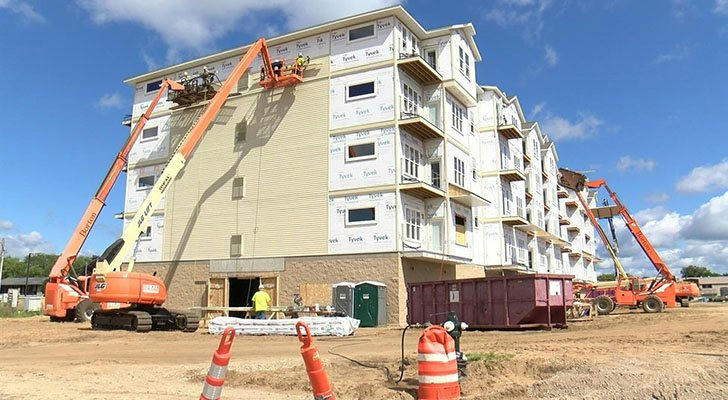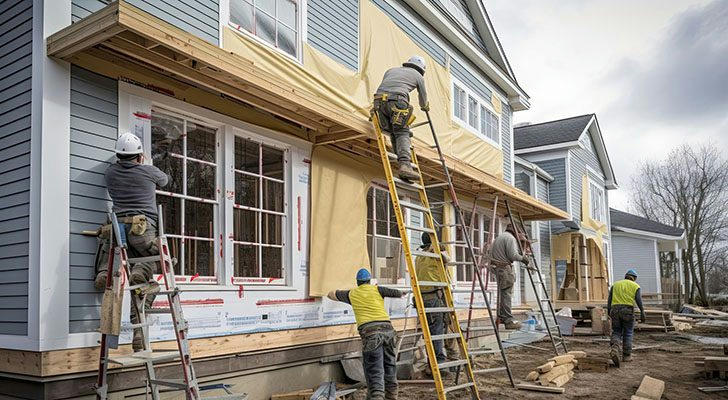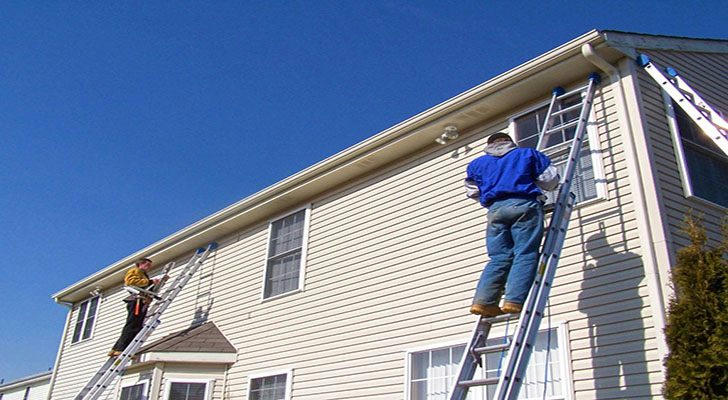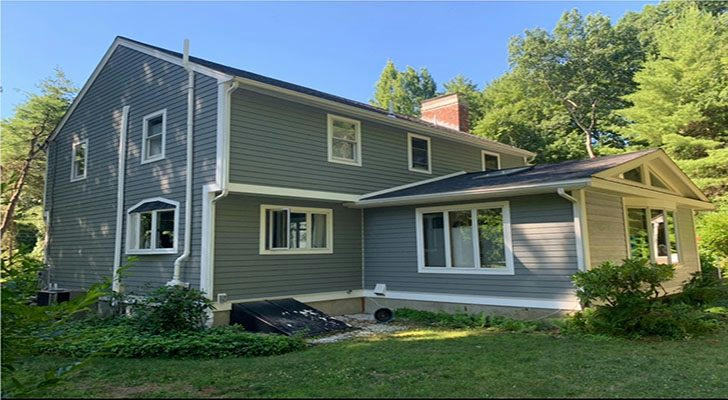Siding Installer: Job Outlook, Industry Development, and Supplier Insights

A siding installer’s role involves fitting, repairing, and maintaining siding materials, and the profession is expanding alongside the construction and renovation industries. With growing demand for eco-friendly materials and sustainable building practices, the need for skilled siding installers is expected to increase in the coming years.
Job Outlook
The siding installer profession is closely linked to the construction industry, particularly residential and commercial building projects. The U.S. Bureau of Labor Statistics (BLS) projects steady growth in construction, which is expected to translate into more opportunities for siding installers. Key drivers for demand include:
1.Residential and Commercial Growth: As cities expand and housing demand increases, new construction projects require more siding installations.
2.Renovations and Upgrades: Many older homes are in need of renovations, particularly in updating the exterior for improved aesthetics and energy efficiency. Homeowners frequently upgrade their siding to modern materials like vinyl, fiber cement, or insulated options to increase curb appeal.
3.Environmental Consciousness: With the push towards energy-efficient homes, many siding materials now offer insulation that improves the building’s overall thermal efficiency. Installers with expertise in energy-efficient siding materials, like insulated vinyl and fiber cement, will find themselves in higher demand.

Industry Developments
The siding industry is evolving as new materials and technologies emerge. Below are a few major trends shaping the profession:
1.Innovative Siding Materials: Traditional materials such as wood and aluminum are increasingly being replaced by more durable and low-maintenance options like fiber cement and vinyl. These newer materials offer better insulation, longer life spans, and reduced maintenance, making them attractive to both residential and commercial clients.
• Fiber Cement Siding: This material is praised for its durability and resistance to elements like fire and termites. Companies like James Hardie are leading suppliers in this category, and installers trained in handling these materials are in high demand.
• Vinyl Siding: A popular choice for residential properties, vinyl siding offers a cost-effective and easy-to-maintain solution. Leading suppliers such as CertainTeed and Alside offer a range of vinyl siding products with varying levels of insulation.
2.Sustainability and Energy Efficiency: Many property owners are opting for siding materials that improve energy efficiency. Insulated vinyl siding, for example, offers better thermal performance, which reduces energy consumption. Companies like Mastic Home Exteriors supply insulated vinyl siding that is easy to install and improves a home’s energy rating, making installers familiar with these products particularly valuable.
3.Prefabrication and Customization: Prefabricated siding panels and customized solutions are becoming more popular as they can significantly reduce installation time. Suppliers such as Royal Building Products are known for their wide range of prefabricated siding materials that offer diverse styles, colors, and textures.

Supplier Insights
Working with high-quality materials is key for siding installers, as homeowners are often looking for durable, attractive solutions. Many siding installers partner with leading suppliers that provide advanced materials. Here are a few examples of prominent siding suppliers and the advantages they offer:
1.James Hardie: Known for its fiber cement siding, James Hardie offers a long-lasting, weather-resistant option. Many installers choose James Hardie products due to their superior durability, fire resistance, and wide variety of textures that mimic wood, making them an excellent choice for both residential and commercial applications.
2.CertainTeed: A leader in vinyl siding, CertainTeed provides a diverse range of products that focus on both aesthetics and performance. Their siding materials are available in multiple colors and styles, including insulated options that enhance energy efficiency.
3.Alside: Alside is another major player in the vinyl siding market, providing cost-effective solutions for residential installations. Their products are widely recognized for their ease of installation, reducing labor time while offering long-term durability.
4.Royal Building Products: Known for its innovative siding materials, Royal offers both traditional and modern options, including premium vinyl siding. Their prefabricated siding panels allow for quick installation, making them a popular choice for larger commercial projects.

Career Growth and Earnings
The career path for siding installers is promising, with opportunities to move into supervisory roles or start a contracting business. With experience, siding installers can branch into related areas like general contracting or construction management. In terms of earnings, experienced siding installers can make competitive salaries, especially those specializing in premium materials or energy-efficient installations. In the U.S., the average hourly wage for a siding installer is around $20 to $30, with higher wages in metropolitan areas or specialized sectors like commercial siding.
Example: John’s Success Story
John, a siding installer in the Midwest, initially started his career with basic vinyl siding installations. However, as demand grew for more advanced, eco-friendly siding materials, John pursued training in fiber cement siding, partnering with James Hardie. This specialization not only increased his earnings but also allowed him to expand his business to larger commercial projects, leading to significant career growth. By continuously learning and adapting to market trends, John positioned himself as an expert in the siding installation industry.
Conclusion
The siding installer profession offers robust opportunities for growth, with demand driven by new construction, renovation projects, and the rise of energy-efficient materials. As the industry continues to evolve, installers who stay updated with the latest materials and technologies will find themselves well-positioned for success. With a variety of high-quality suppliers like James Hardie, CertainTeed, and Alside supporting the industry, siding installers have a wealth of resources to help them grow in this dynamic field.
